China behind the iPhone hacking
By MYBRANDBOOK

An attack that used malicious websites to hack iPhones is now believed to have originated in China and, in a new development, appears to have targeted Android devices and Microsoft Windows PCs as well, the Forbes report says.
The unprecedented attack on Apple iPhones revealed by Google this week was broader than first thought. Multiple sources with knowledge of the situation said that Google’s own Android operating system and Microsoft Windows PCs were also targeted in a campaign that sought to infect the computers and smartphones of the Uighur ethnic group in China. That community has long been targeted by the Chinese government, in particular in the Xinjiang region, where surveillance is pervasive.
The attack, first revealed Aug. 30 by Ian Beer, a researcher with Google LLC’s Project Zero, involved the use of malicious sites going back as far two years. Those sites, designed to hack the devices of visitors to gain access to their devices to steal data used at least 14 different vulnerabilities to do so, including some previously unknown “zero-day” exploits.
The origin of the attacks remained unknown before now, but two separate reports claim that the malicious sites were part of a Chinese state-sponsored attack that was targeting the Uyghur community of the Middle Kingdom’s Xinjiang Uyghur Autonomous Region. The area has gained western media attention after China responded to an independence campaign and terrorist attacks by detaining a significant number Uyghurs in re-education camps aimed at changing ther political and religious beliefs. Western media claims they’re concentration camps.
TechCrunch broke the China link first on Saturday, quoting sources as saying that while the campaign was targeting Uyghurs the websites also infected non-Uygurs who inadvertently accessed these domains as they were indexed in Google search.
Since that initial report, Forbes confirmed today that the China link with its own sources with the addition that the campaign was not limited to iPhones but also sought to infect Android devices and Windows computers belonging to the Uyghur community as well. “Google’s and Microsoft’s operating systems were targeted via the same websites that launched the iPhone hacks,” the report said.
Now the users are being made aware they might have been compromised by this technique, the real work can start in securing vulnerable apps and accounts again. Threat actors now have access to user passwords, images, apps, Gmail database and the like, so a big concern is that they could also have access to emails that are synced to their mailbox. If the infected phone has been used solely for business purposes, it is likely that the company now faces the scenario that their private business information is now known to the threat actor and has either been leaked or could be exploited for financial gain.


Legal Battle Over IT Act Intensifies Amid Musk’s India Plans
The outcome of the legal dispute between X Corp and the Indian government c...

Wipro inks 10-year deal with Phoenix Group's ReAssure UK worth
The agreement, executed through Wipro and its 100% subsidiary,...

Centre announces that DPDP Rules nearing Finalisation by April
The government seeks to refine the rules for robust data protection, ensuri...

Home Ministry cracks down on PoS agents in digital arrest scam
Digital arrest scams are a growing cybercrime where victims are coerced or ...


ICONS OF INDIA : SRIDHAR VEMBU
Sridhar Vembu is the chief executive officer (CEO) of Zoho Corporation...
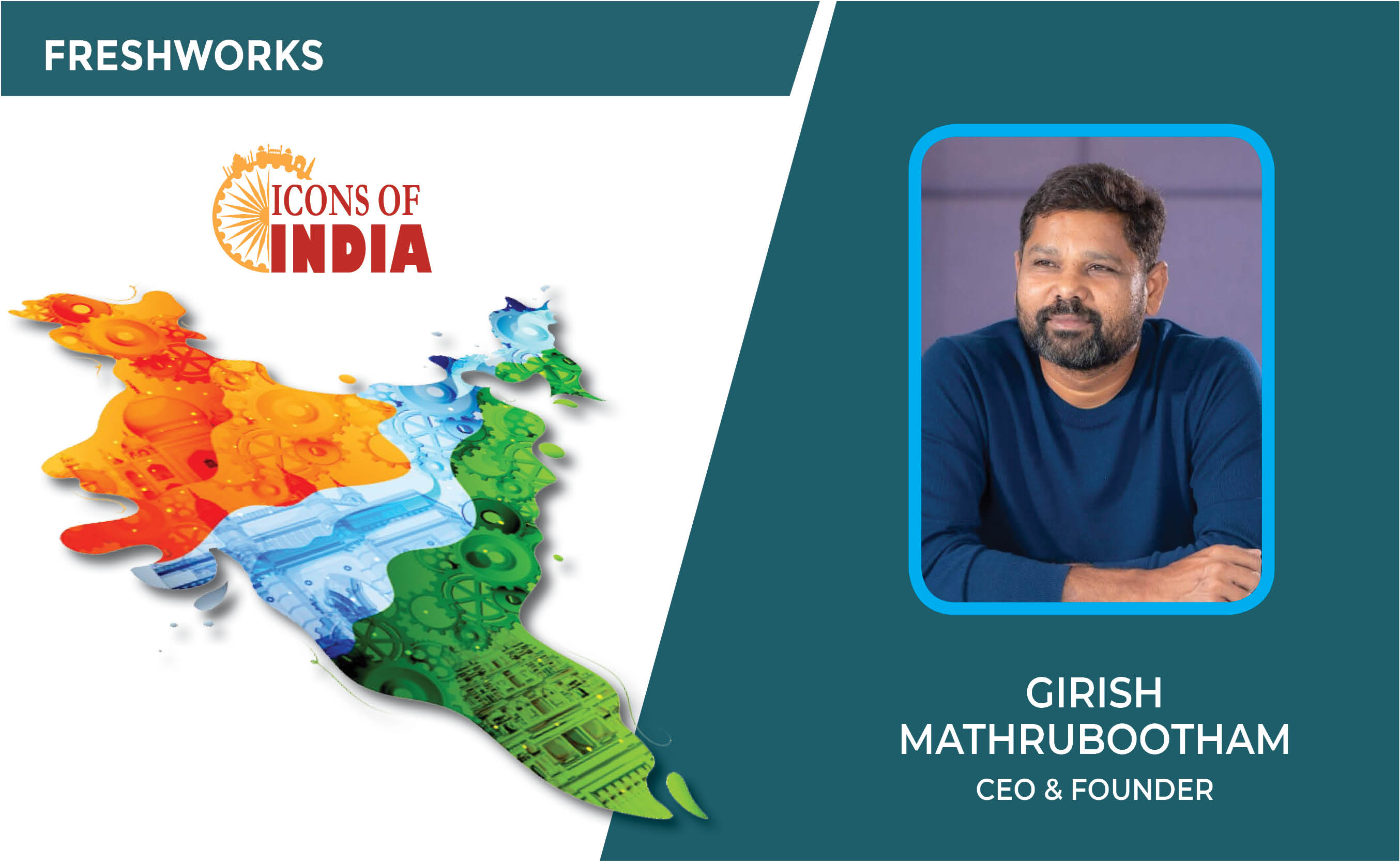
Icons Of India : Girish Mathrubootham
Girish Mathrubootham is the Founder of Freshworks (previously known ...
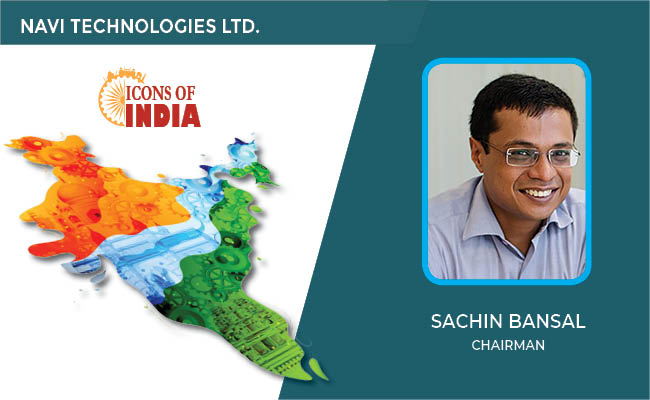
ICONS OF INDIA : SACHIN BANSAL
Sachin Bansal is an Indian entrepreneur. He is best known as the found...


EESL - Energy Efficiency Services Limited
EESL is uniquely positioned in India’s energy sector to address ener...
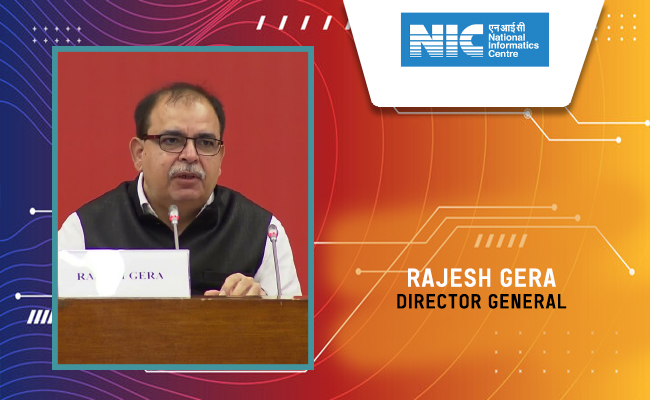
NIC - National Informatics Centre
NIC serves as the primary IT solutions provider for the government of ...

TCIL - Telecommunications Consultants India Limited
TCIL is a government-owned engineering and consultancy company...

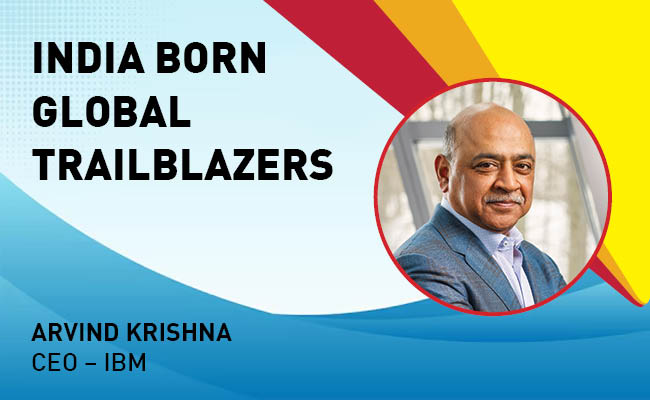
Indian Tech Talent Excelling The Tech World - ARVIND KRISHNA, CEO – IBM
Arvind Krishna, an Indian-American business executive, serves as the C...
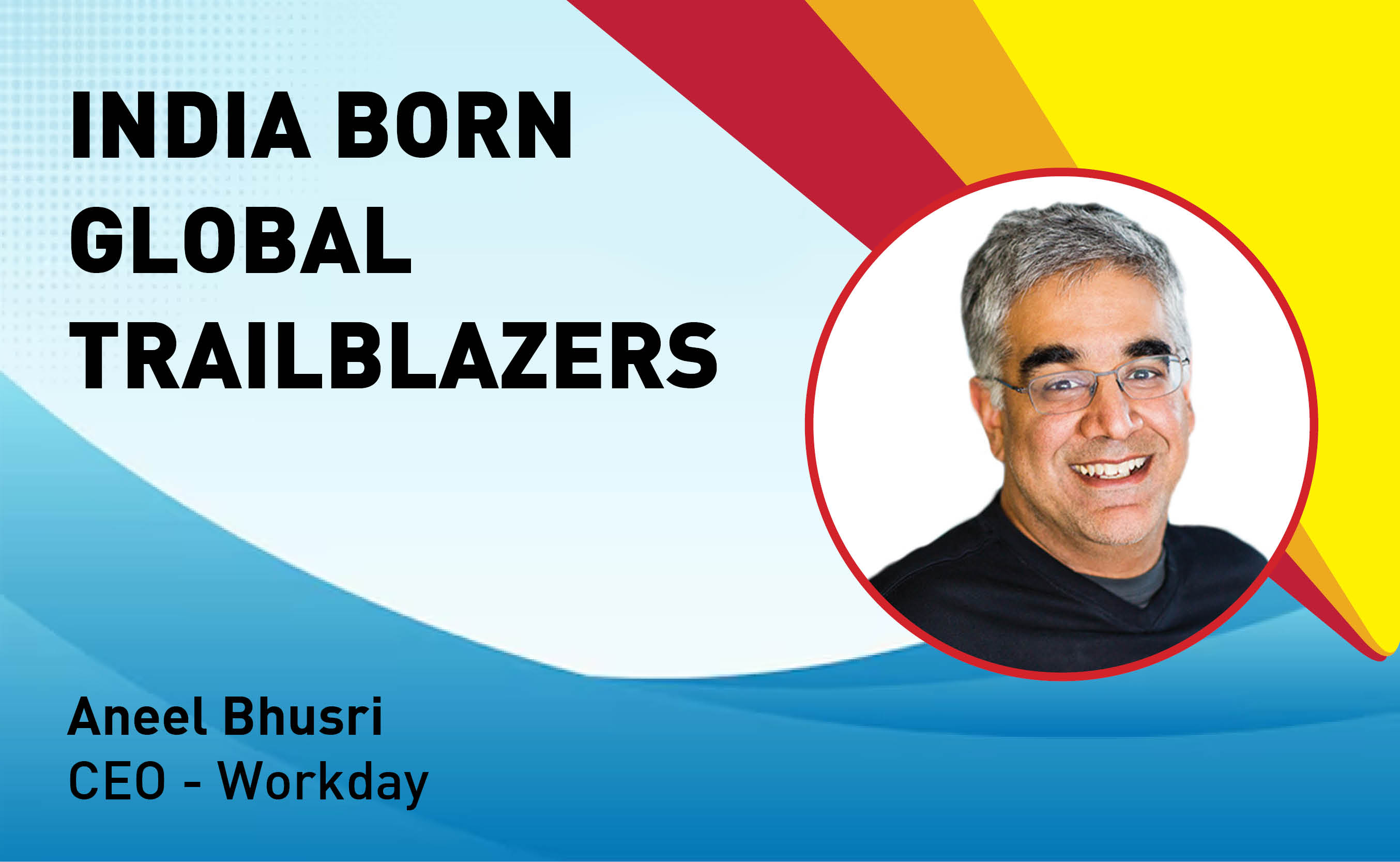
Indian Tech Talent Excelling The Tech World - Aneel Bhusri, CEO, Workday
Aneel Bhusri, Co-Founder and Executive Chair at Workday, has been a le...
 of images belongs to the respective copyright holders
of images belongs to the respective copyright holders